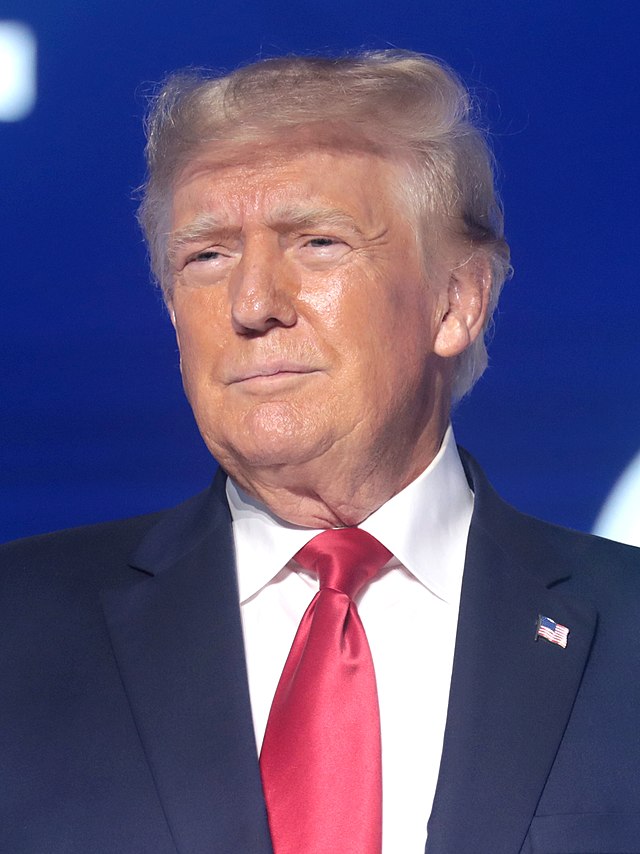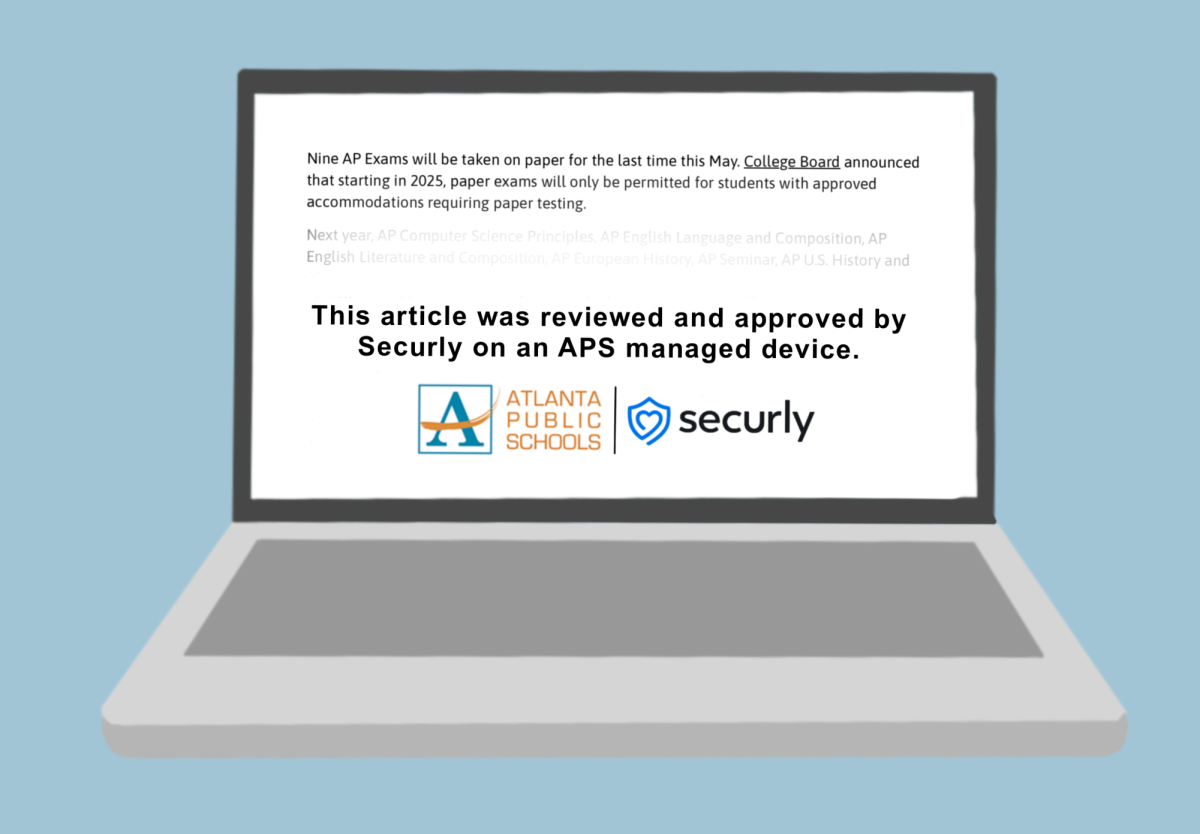Former Pres. Donald Trump has been a focal point of politics since his first campaign and subsequent term as president. While I disagree with several, if not all, of Trump’s viewpoints and actions and will not be voting for him come November, the ability for individual states to block him from the primary ballot sets a dangerous precedent for our democracy, and makes us look just as hypocritical as Trump following the “stolen” election of Pres. Joe Biden in 2020.
The first decision to remove Trump from the 2024 ballot was made in Colorado by the Colorado Supreme Court, as it deemed Trump ineligible for the White House under the Insurrection Clause in Sect. 3 of the 14th Amendment of the Constitution. This two-sentence clause was written post-Civil War to keep Confederates from regaining government power. It has only resurfaced recently because of the attack on Jan. 6, 2021. In the Disqualification of the clause, it says, “Determining who has engaged in either of the two disqualifying activities — that is, engaging in insurrection or rebellion or giving aid or comfort to an enemy — is likely to be a difficult task given the scarcity of precedents and lack of clear definitions.” Given its disclaimer, because of the situation’s precedence, it is hard to clearly define how Trump has been unconstitutional under this clause.
The Colorado Supreme Court claims this clause applies to Trump as he took an oath to uphold the Constitution in his inauguration into the presidency, but then “engaged” in an “insurrection or rebellion” against the presidency due to what he said in his speech on Jan. 6. The clause also includes one who aids “comfort” to the “enemies thereof.” I would argue that would form a better argument for this particular case. Trump wasn’t actively engaging in the events during the Jan. 6th attacks on the Capitol but instead expressed his beliefs synonymous with those who did during his speech. When he said, “They rigged it like they’ve never rigged an election before,” referring to “fake news media” and “Big Tech.” In this case, Trump should’ve called upon militia to stop the events, as well.
The second state that joined this historical trend was Maine. Now, however, Trump has appealed the ruling barring him from the ballot, arguing that Democrat Shenna Bellows, the first secretary of state in history to block someone from running for president under the rarely used Insurrection Clause, relied on “untrustworthy evidence.”
Although Trump was impeached twice during his presidential tenure, the case to block his name from being listed on the primary ballot in Colorado and Maine is based on his involvement in the events on Jan. 6 that according to those states’ higher courts, amount to unconstitutional insurrection.
As many voters in 2020 found it ridiculous and frustrating that people who didn’t get the outcome they wanted on the election both violently raided the capital and continued in an angry tirade for weeks after, saying the election results weren’t accurate, the very foundation of our democracy was threatened.
While I hope Trump isn’t ever elected again if a celebrity rapper can be written on the ballot, someone who has been involved in politics for decades shouldn’t be taken off unless the U.S. Supreme Court decides that Trump did go against the Constitution. Who’s to say that Republicans in Colorado or Maine won’t write him into that ballot anyway?
Following these decisions by the higher courts of Colorado and Maine, Trump has petitioned for a writ of certiorari, asking for the Supreme Court to appeal the decision. As the majority of the justices are more conservative Republican-leaning, Trump will likely return to the ballot anyway.
Let’s not give Trump’s followers a reason to believe the upcoming election is “rigged” like last term. Already, following Colorado’s decision, Republican National Committee Chairwoman Ronna McDaniel characterized the ruling as “Election interference” and said the RNC’s legal team intends to help Trump fight it.
People on both sides of the political spectrum agree to keep him on the ballot. Competitor Nikki Haley said she will defeat Trump on her own and doesn’t need a judge to take him off the ballot to help her. In an interview with Fox news, she said, “This started back with COVID; The idea that you have people telling people what to do, how to think, how to live, [it’s] wrong. If they can do this to him, they’ll do it to someone else. We can’t have others saying, I don’t think he should be on the ballot. I think Americans can decide on their own whether they want him to be on the ballot or not.”
Similarly, Wisconsin Democratic Gov. Tony Evers said Trump should be kept on the ballot and Biden should “visit to beat him” and that those who think he should be off the ballot should simply “vote against him.” The importance of voting stems back to this exact issue, and we should encourage increased voting participation to make sure Trump stays out of office instead of giving the supporters that he does have ideas to repeat the Jan. 6 attack based on denying them the vote.
According to a recent CBS News/YouGov poll, 81% of Democrats believe that states should disqualify Trump from presidential ballots. Conversely, 90% of Republicans believe states should keep Trump’s name on the ballot. Because of Trump and the issues sparked by his actions, division in the political parties is heightened. Taking his name off the ballot will further this division and anger those who feel their rights to vote for whom they choose are taken from them. Instead of telling people who they can and cannot vote for, like any other issue of telling people how they should live their lives, simply decide for yourself and what is in your power; go out and vote.










